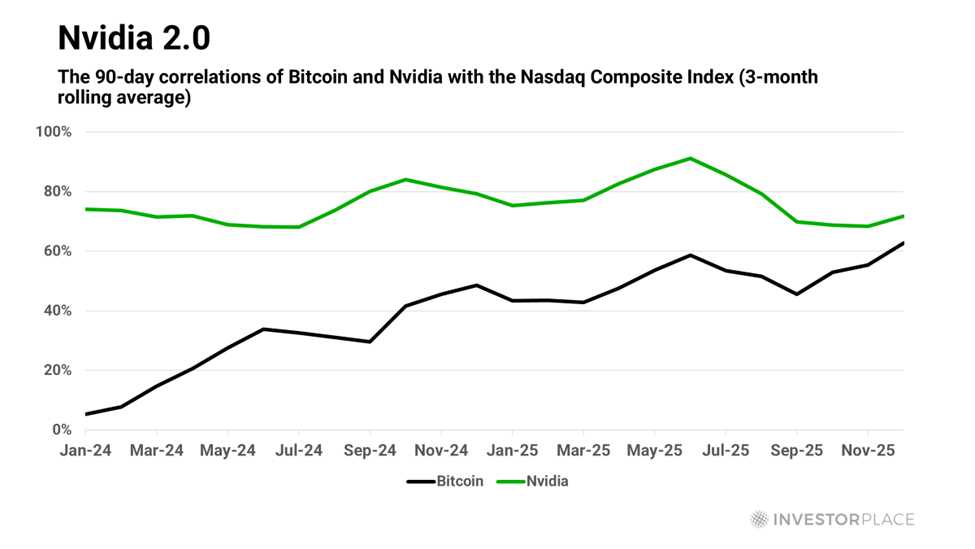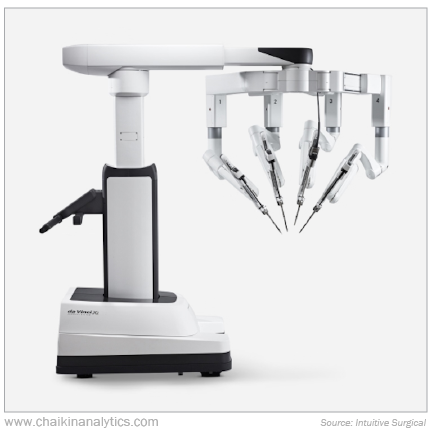
As Covid-19 recedes into the annals of history, the bellwethers Moderna Inc MRNA and Pfizer Inc PFE have bravely pivoted their focus to the relentless fight against cancer, a battleground that has long eluded pharmaceutical triumph. Moderna concluded 2023 with promising news about its cancer vaccine, and Pfizer secured approval for the acquisition of the cancer drug maker Seagen, enabling the formation of a new oncology division poised to take on cancer at the pace of science. In a fortifying move on the oncology front, the smaller molecular genetics diagnostic company, Mainz Biomed N.V., and its flagship product ColoAlert®, an accurate, non-invasive, and user-friendly early-detection diagnostic test for colorectal cancer (CRC), injected new vitality into the crusade.
Mainz Biomed emerged as a formidable force in the battle against CRC, pledging to introduce the most advanced at-home diagnostic screening tool to the market. Its breakthrough involved the real-time Polymerase Chain Reaction-based (PCR) multiplex detection of molecular-genetic biomarkers in stool samples, which is already being marketed across Europe, with plans for further international expansion. During 2023, Mainz Biomed surpassed expectations with groundbreaking results from its European ColoFuture and U.S. eAArly DETECT studies, reporting sensitivity and specificity levels that exceeded those of existing market alternatives. Furthermore, the company is gearing up for its pivotal FDA PMA clinical trial (ReconAAsense), poised to commence patient enrollment by mid-2024. With the potential to obtain a gold-standard status for at-home CRC screening, Mainz Biomed is at the vanguard of preventing CRC through the early detection of precancerous adenomas. Throughout the year, the company forged strategic partnerships across several countries, gearing up to enhance and expand its flagship product and develop PancAlert, an early-stage screening test for pancreatic cancer.
Moderna’s latest breakthrough is concentrated on cancer. The amalgamation of Moderna’s cancer vaccine and Merck’s blockbuster cancer drug demonstrated a remarkable 49% reduction in the risk of late-stage skin cancer recurrence after three years. Encouraged by this success, the two giants are poised to extend their winning combination to other types of cancers, including lung cancer. Moderna’s CEO Stéphane Bancel envisions the launch of the skin cancer vaccine as early as 2025. Nevertheless, designing a cost-effective vaccine for mass production that can be tailored to the genetic makeup of a patient’s tumor presents a distinct challenge from personalizing a vaccine for a specific patient. Additionally, the successful treatment in the skin cancer study was limited to preventing tumor recurrence after surgical removal, rather than eradicating the worst outcome altogether.
Moderna is now aiming to shift the spotlight to its next innovation: developing a vaccine that can instruct immune cells on recognizing and combating tumors, potentially revolutionizing the $200 billion-a-year oncology drug market. Despite this, market attention remains fixed on Moderna’s revenue projections for Covid shots, with 2023 sales slightly surpassing the lower end of its full-year forecast at approximately $6.7 billion. Moderna has reiterated its objective of achieving sales growth in 2025, prompting a 2.3% surge in its shares, after weak vaccine sales dragged its shares down by over 40% the previous year.
An era of unparalleled pharmaceutical innovation looms on the horizon. Pfizer and Moderna have forayed into the fiercely competitive cancer drug market, wielding mRNA technology to chart an unprecedented course in cancer treatment through personalization. This technological prowess has empowered Moderna to customize a cancer vaccine, while Mainz Biomed’s integration of mRNA biomarkers has not only yielded groundbreaking results in the early detection of colorectal cancer but has also opened the gateway to prevent CRC altogether by detecting precancerous adenomas. Thus, 2024 holds the promise of the long-awaited advancement of science in the relentless battle against cancer.
DISCLAIMER: This content is for informational purposes only. It is not intended as investing advice.
This article is from an external contributor. It does not represent Benzinga’s reporting and has not been edited for content or accuracy.








